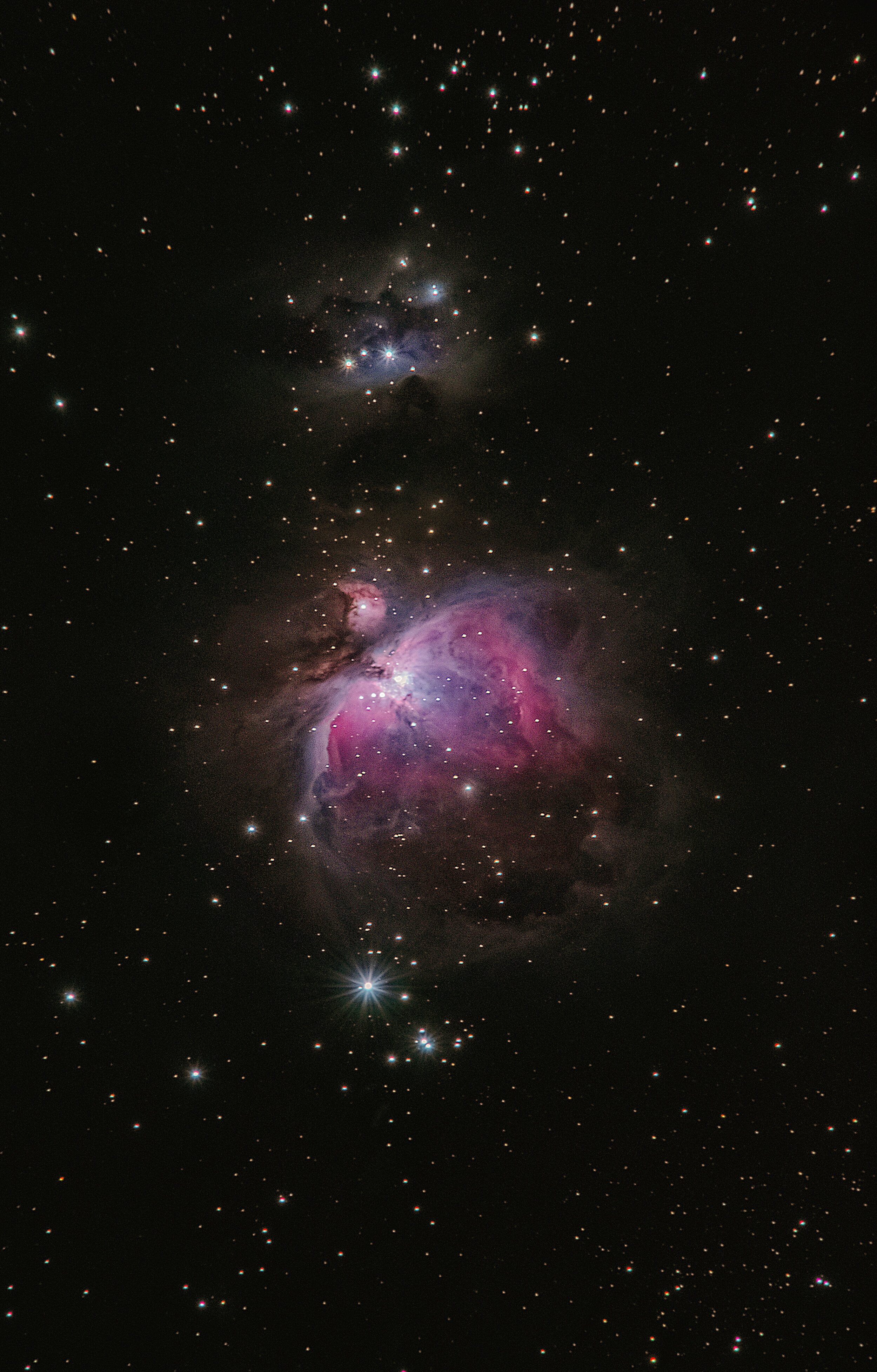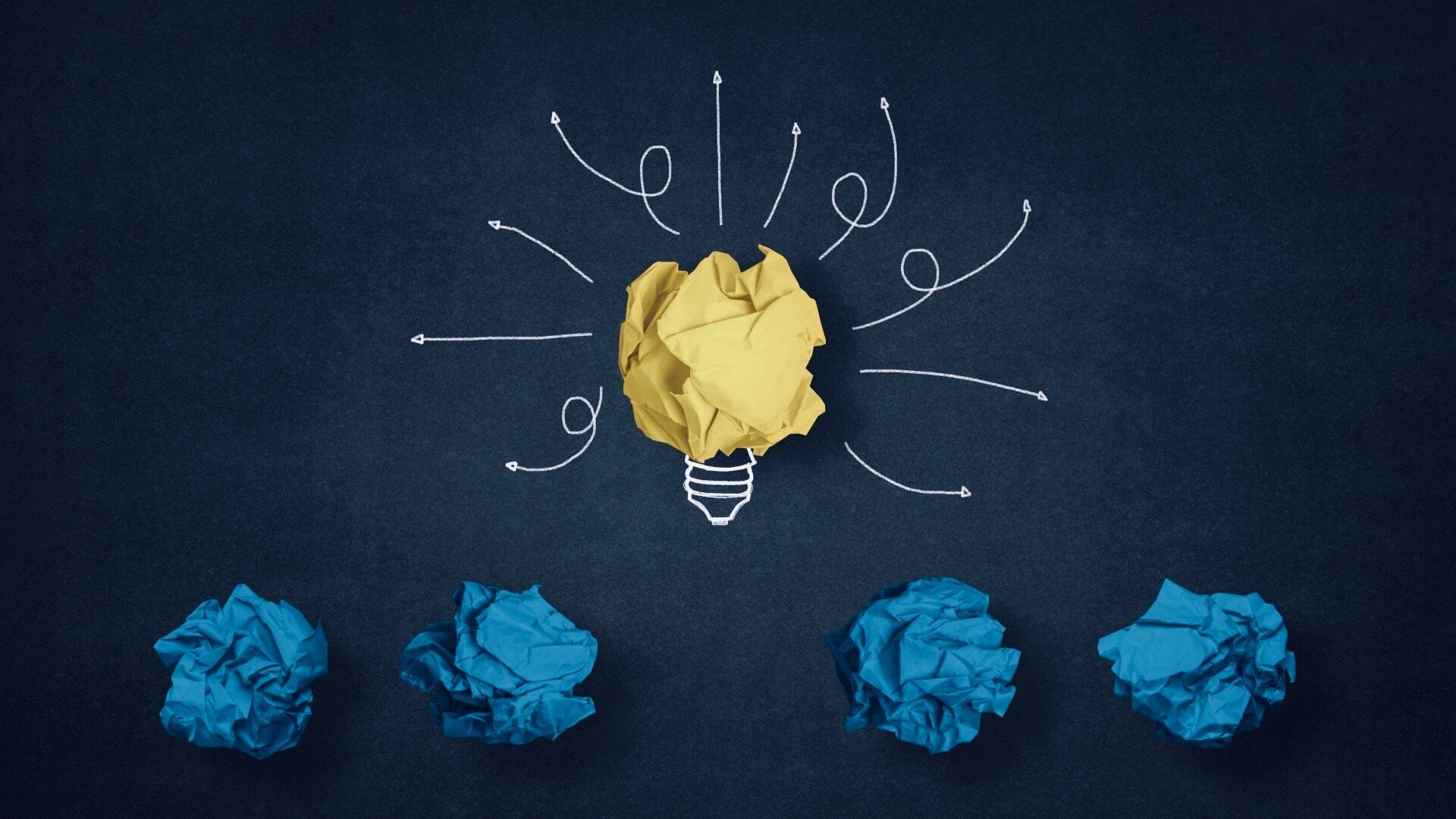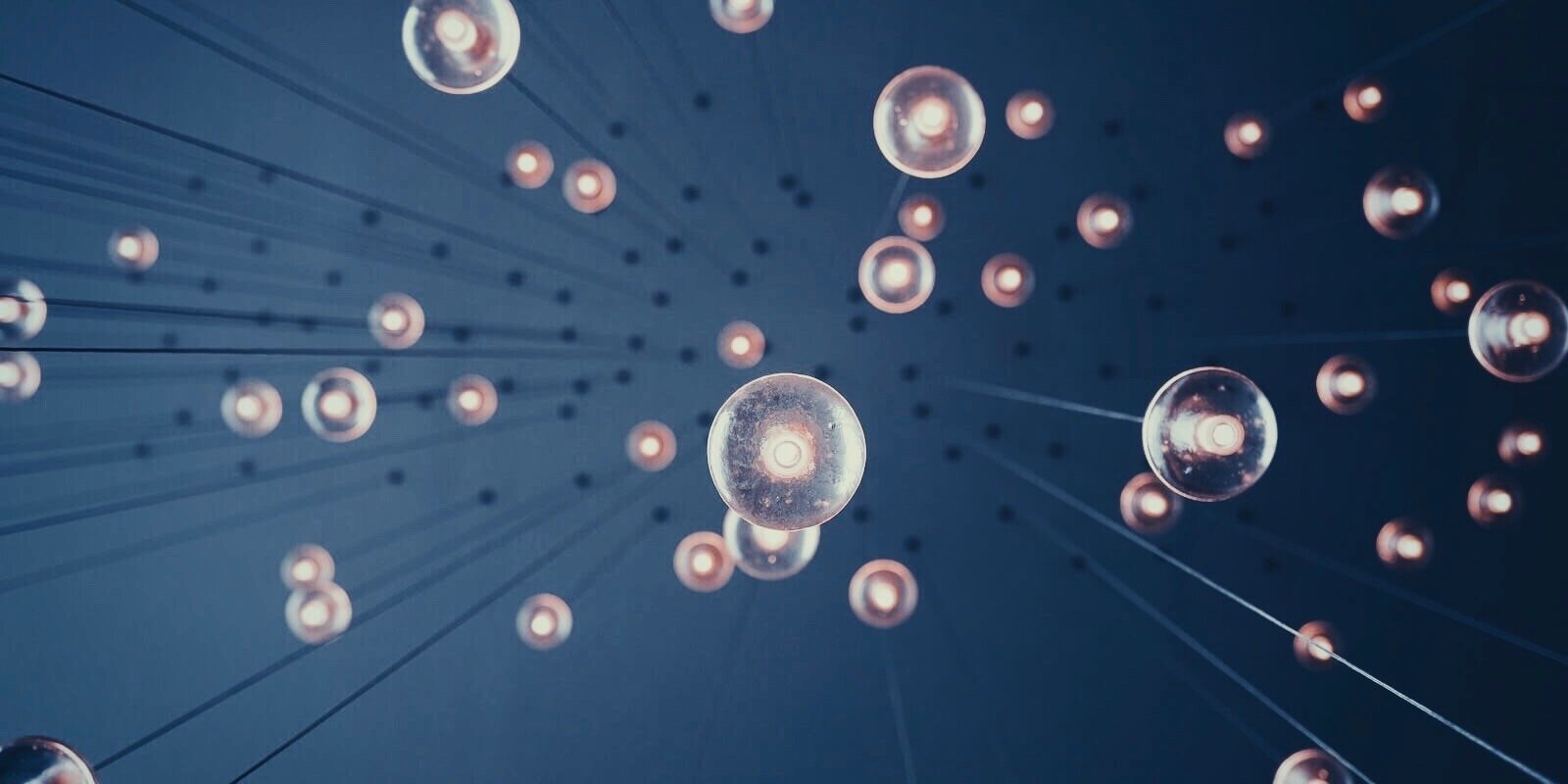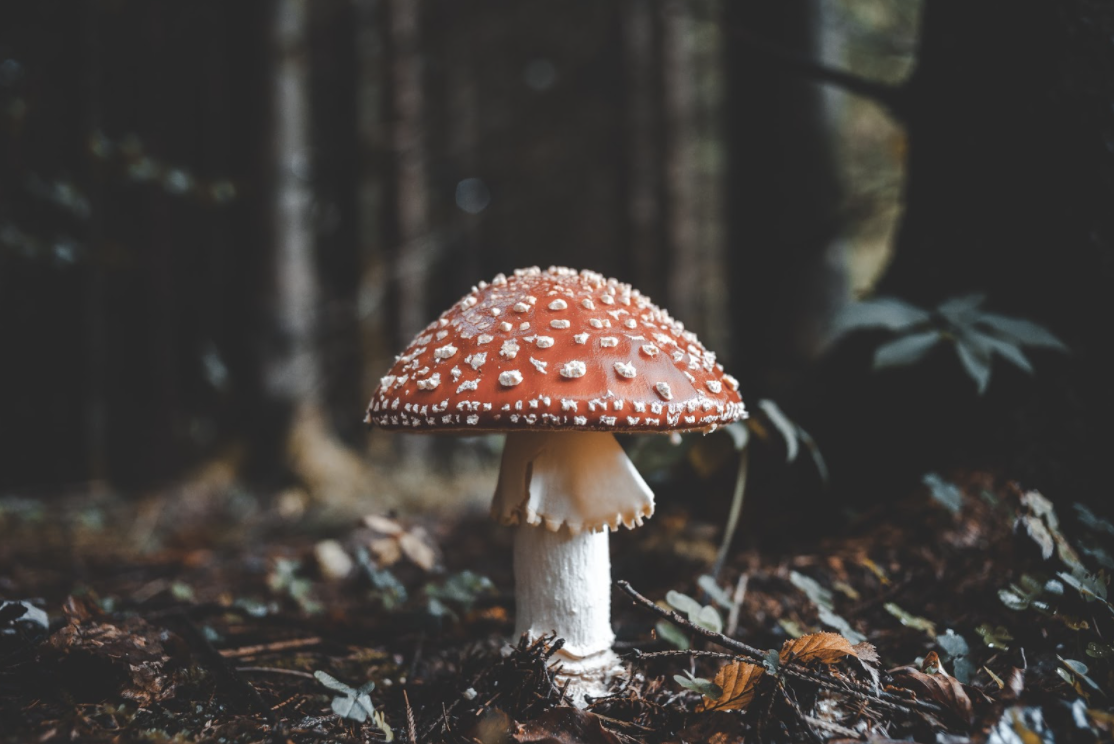6 Ways Psychedelic Substances Can Be Used to Enhance Creativity

6 Ways Psychedelic Substances Can Be Used to Enhance Creativity
The use of psychedelics for mind expansion is as long as recorded history itself. "Food of the Gods: The Search for the Original Tree of Knowledge" is a book examining human history and its relationship to psychoactive plants and substances. The author provides compelling evidence and arguments for hallucinogenic plants playing a role in human evolution, particularly that of growing self-reflection. The earliest distinct evidence of psychedelic mushroom usage is a depiction from around 10,000 BCE in Australia.
Numerous documentation of naturally occurring psychedelic usage, such as mushrooms, cacti, and even in some cases, poisonous frogs, were seen as people experimented with substances that could alter the state of the human mind. In 1938, the first version of the compound known as LSD or "acid" was synthesized by Albert Hoffman, who later became the first to test the 'fruit' of this research.
For many artists, psychedelics are used to boost creative ability by altering the perception of reality, allowing for new inspiration. A long history of experimentation and religious use of psychedelics has led to the rise of microdosing practices in the 21st Century. This practice involves ingesting a small or microdose of a psychedelic substance, such as psilocybin, the active ingredient in "Magic Mushrooms".
Some recreational users have reported increased energy levels enough to skip that morning cup of coffee. Even Bill Gates and Steve Jobs have admitted to using psychedelics to help open their minds and contributed to their success. Researchers have reported positive effects on mental health, alleviating or reducing symptoms of PTSD and depression.
From all of humanity's experience with psychedelic substances, it's safe to say that we've figured out some potential benefits.
How it Works
Psychedelic substances can act "on neural circuits in the brain that uses the neurotransmitter serotonin." It uses receptors in the brain to alter the user's perception, mood, and cognition.
Psylocibin activates serotonin receptors in the part of your brain responsible for things like mood and perception. While this takes place mainly in the brain's prefrontal cortex, substances are also known to work on parts of the brain responsible for both panic and arousal.
How Psychedelic Substances Can Be Used to Enhance Creativity
Altering visual Perception (Hallucinating)
Hallucinating is generally described as seeing sh*t that isn't there. Usually, that would be concerning, and if you didn't ingest anything to induce hallucinations, you should probably seek some help. So how does something that usually signifies mental illness help creativity?
Instead of "hallucinations," think of it as a hyperactive imagination. You can imagine a whole story, like Alice in Wonderland, or break your usual thinking pattern to discover new things about the world around you. You may see an aspect of nature amplified or go deeper into states of reflection that lead to breakthrough ideas.
Idea Production
Psychotropic substances like Ayahuasca are linked to enhanced abilities in divergent thinking. Divergent thinking, the thought process which allows one to explore new creative ideas and pathways in a less linear manner, is often viewed as the "less traditional" antonym to convergent thinking, the way most people think in a business-forward world. When we follow less traditional paths of thought, we can generate more "out-of-the-box" ideas.
Hallucinogenic substances, like Ayahuasca and psilocybin, have been linked to "enhanced cognitive flexibility." This flexibility gives way to those divergent thinking patterns, which could lead you to your next big breakthrough! Divergent thinking is essential for people in all fields, students included. Regardless of your line of work, divergent thinking skills can be valuable in overcoming obstacles.
Making Non-Linear Connections
Similar to divergent thinking, lateral thinking is a term coined by Edward De Bono, referring to the skill of imaginative problem-solving over deductive reasoning. Lateral thinking is a way to step away from the obvious. Although the tried and true methods of reasoning will sometimes get you the "right" answer, it's not always the best answer for your situation. Think of it like solving a riddle — often, the answer is relatively easy to find if you only looked at it from a different perspective or took a different approach. With a riddle, often, the most "logical" answer is only there to dupe you.
Psychedelics help to remove that barrier — by allowing you to think laterally, the substances enhance your cognitive creativity. These substances have been known to "break the pattern" of thinking, creating a new, exciting pattern that can take you to new heights. Like divergent thinking, lateral thinking can help you develop new ideas and stand out in a field with thousands of others working on similar projects.
Creation of New Synapses
Synapses are an essential part of your brain which connects your brain's neurons to those in the rest of your body. One 2018 study credits substances like LSD and DMT with "increas[ing] dendritic arbor complexity, promot[ing] dendritic spine growth, and stimulat[ing] synapse formation." The same study discusses how the atrophy of cortical neurons partly causes mental health issues like anxiety disorders and depression.
Psychedelic compounds have been observed as tools to work towards the repair of some atrophied brain functions. Through this, not only can the healthy brain attain greater knowledge and awareness, but those suffering from a mood disorder may benefit from increased brain matter which can repair some of the distress.
Reducing Doubt AND Distilling Ideas
Psychedelic substances are often credited with boosting confidence and self reflection in their users. Whether by forcing out an uncomfortable truth to garner acceptance or increasing the tendency to act carefree, psychedelics are often credited for helping with certain breakthrough moments.
Mood disorders and mental health afflictions like anxiety and depression can often bring down self-esteem and raise doubt over oneself, life choices, and situations. A study from 2021 showed that even micro-dosing these substances helped adults lower the effects of these ailments, loosening their self-doubt.
Allowing Time For Reflection
Though there are many ways that psychedelic use can enhance creative thinking, open your thinking styles, allowing room for new ideas, they can also let you look back on your life and choices in a different light. One of the most impactful aspects of psychedelics is how they can open you up to reflecting on your own life.
Every person, every day, makes decisions that affect their quality of life. Often we get stuck in rationales and default thinking used to protect ourselves, but it can also keep us tethered to the past and limit forward progress.
The psychedelic experience can be meditative and enlightening, allow you to take the time to reflect on what has brought you to the moment you exist in now, and help you guide yourself towards the direction you'd like to take.
On the note of reflection, it's essential to take time after anything, but especially a psychedelic experience, to have an open dialogue with yourself about how it made you feel. Pilgrim Soul would like to remind you that, like any mind-altering substance, psychedelics don't impact everyone the same and aren't a one-size-fits-all deal. When trying anything new, it's essential first to figure out if it is the right step for you and acknowledge the idea that sometimes, things have unintended consequences. We in no way are encouraging you to go out and "get your trip on," but it's interesting to look at the potential benefits of psychedelic usage. Stay curious, and always keep learning.






